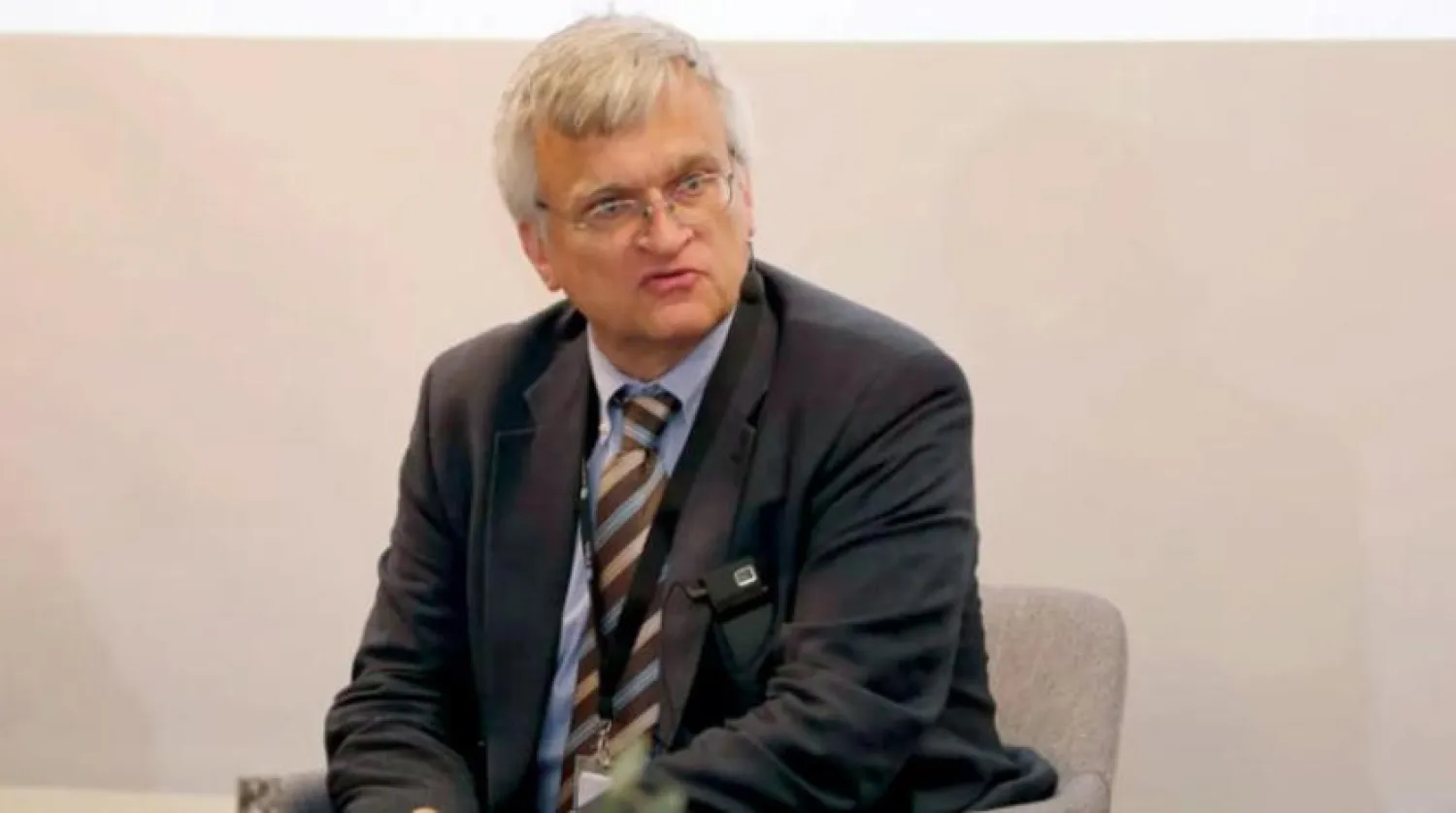Sweden’s Special Envoy for Yemen, Ambassador Peter Semneby believes that the longer the current ceasefire lasts in Yemen the harder it becomes to break it.
“A long-term perspective that gives the Yemeni people what they need and deserve can only be achieved through: de-escalation, alleviation of human suffering, and engagement in the political process,” he told Asharq Al-Awsat.
“The parties will get used to that, and they will adapt to the course of the armistice,” said the diplomat.
Despite the positive atmosphere surrounding the ceasefire, it remains fragile, according to Semneby.
“There is a need for efforts of all kinds to ensure that parties fulfill their obligations under the truce and are aware of the risks of escalation,” he warned.
He urged Yemen’s warring parties to focus on “a long-term vision for peace rather than just thinking now about what this or that action might mean on the battlefield in the short term.”
The terms of the UN-sponsored truce are four: a comprehensive ceasefire, opening Sanaa airport to commercial flights, allowing the flow of fuel tankers to Hodeidah, and meeting to open the land crossings, including those in the besieged city of Taiz.
All items have been implemented except for those concerning Taiz. The Iran-backed Houthi militias insist on rejecting UN proposals for opening Taiz’s roads and lifting the siege that is affecting 3 million people there.
“It was a brave step by the (Yemeni) government to allow fuel shipments to Hodeidah and the opening of Sanaa airport,” said Semneby.
He hoped the truce would be extended “through a more formal agreement with monitoring and control mechanisms.”
“We need to stay in touch with the various parties to make sure that they understand what is at stake,” urged the diplomat, adding that parties must consider the benefits of maintaining the truce.









